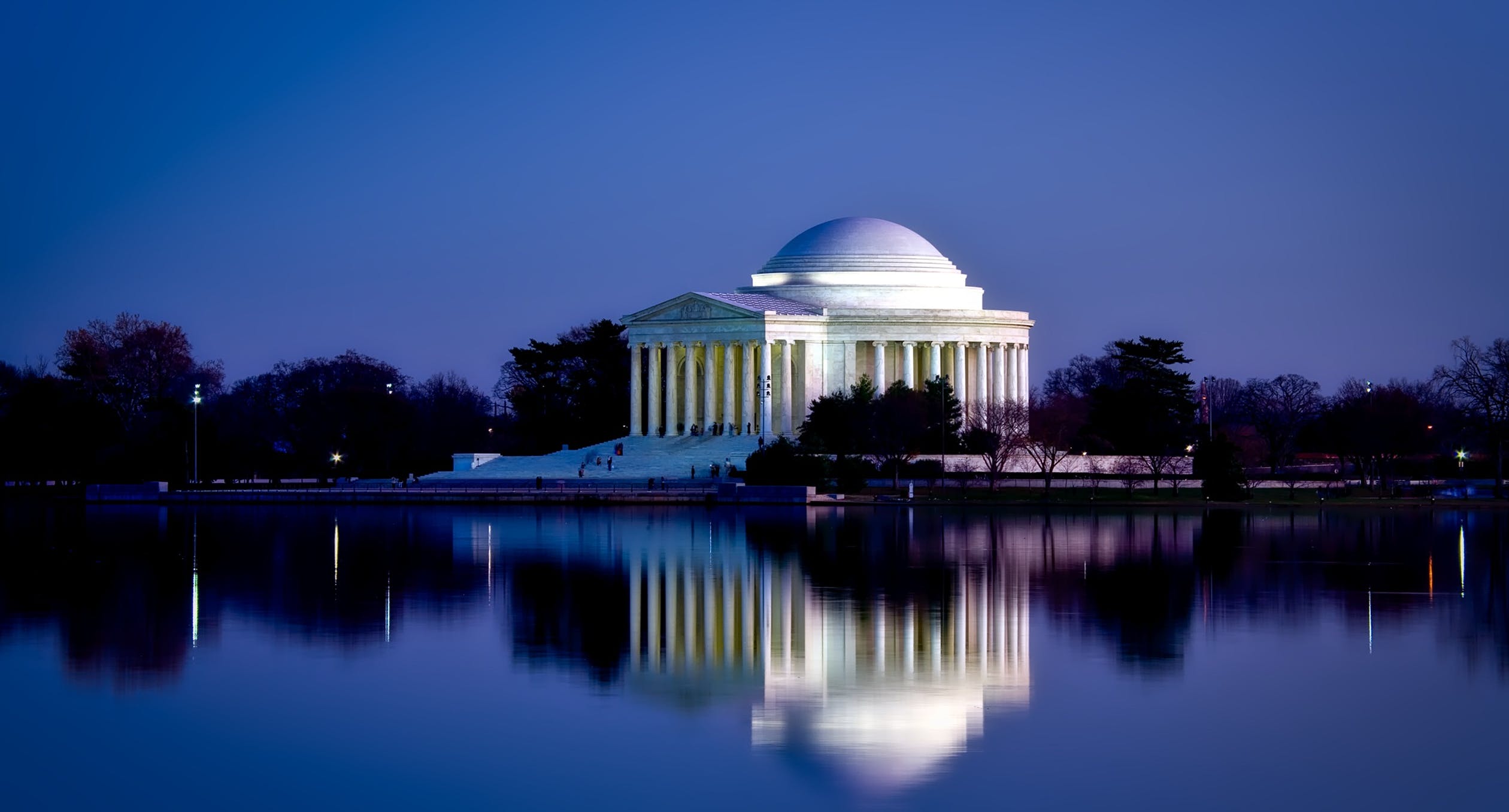
Then They Came for Jefferson
While more Americans now support the removal of confederate monuments, with statues of our Founders now defaced, where will the line be drawn?

While more Americans now support the removal of confederate monuments, with statues of our Founders now defaced, where will the line be drawn?

The Supreme Court applies Title VII to LGBT+ employees. But the case opens up many questions about religious freedom for employers.
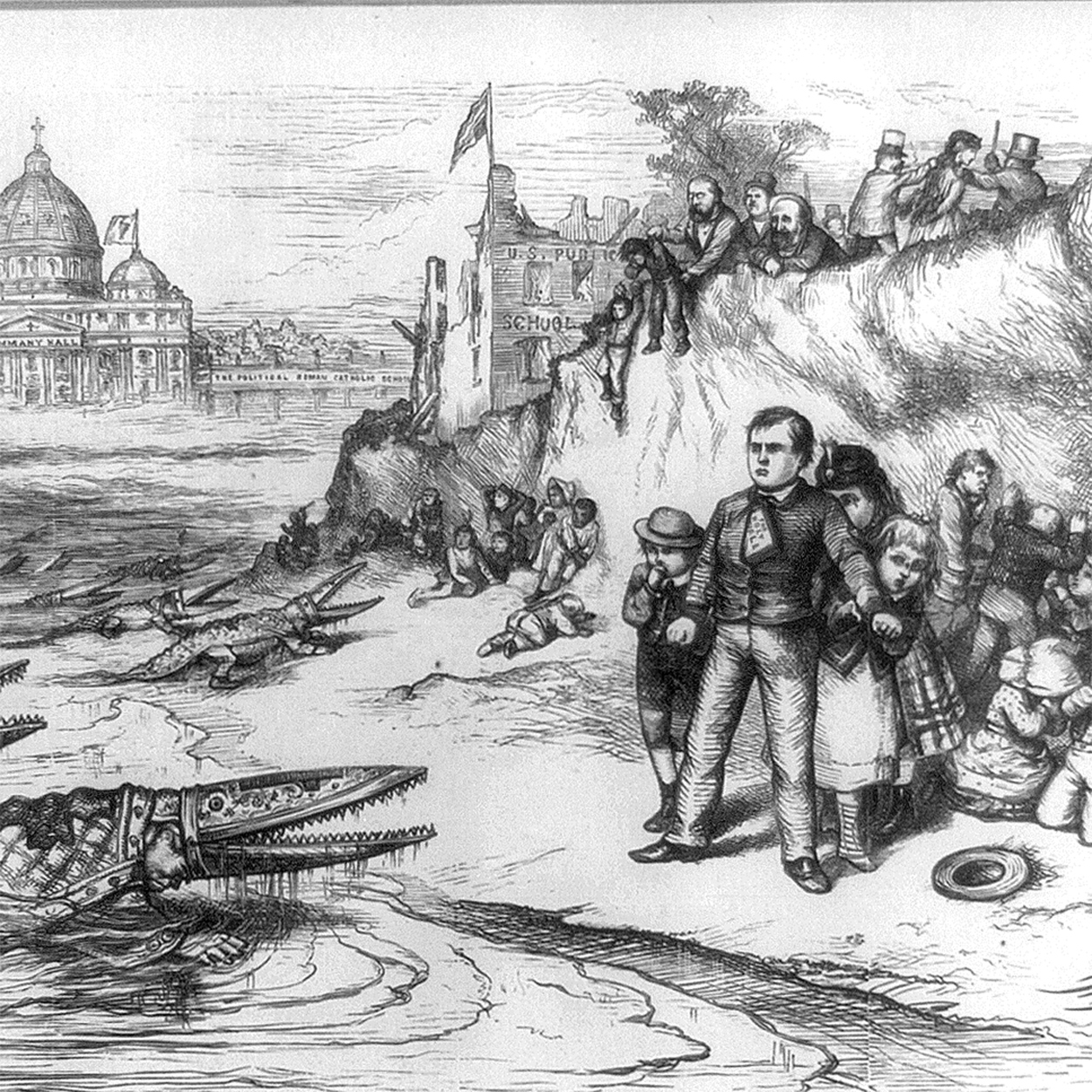
Should religious schools be at a funding disadvantage compared to their secular counterparts? The discriminatory Blaine amendment says so.
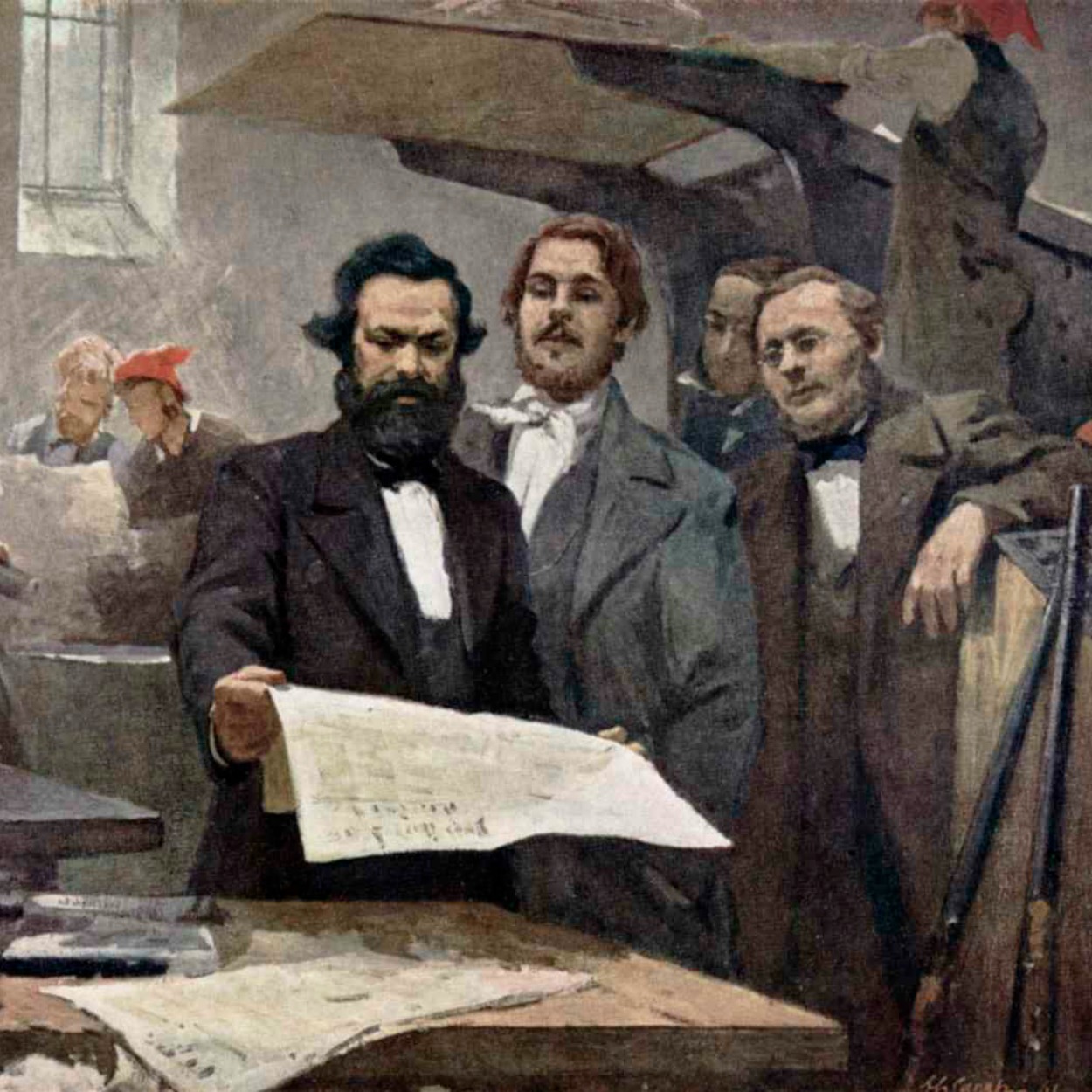
Bernie Sanders’ campaign has raised many questions about socialism, communism and even Marx. What does an unabashed, thoughtful Marxist think of it all?
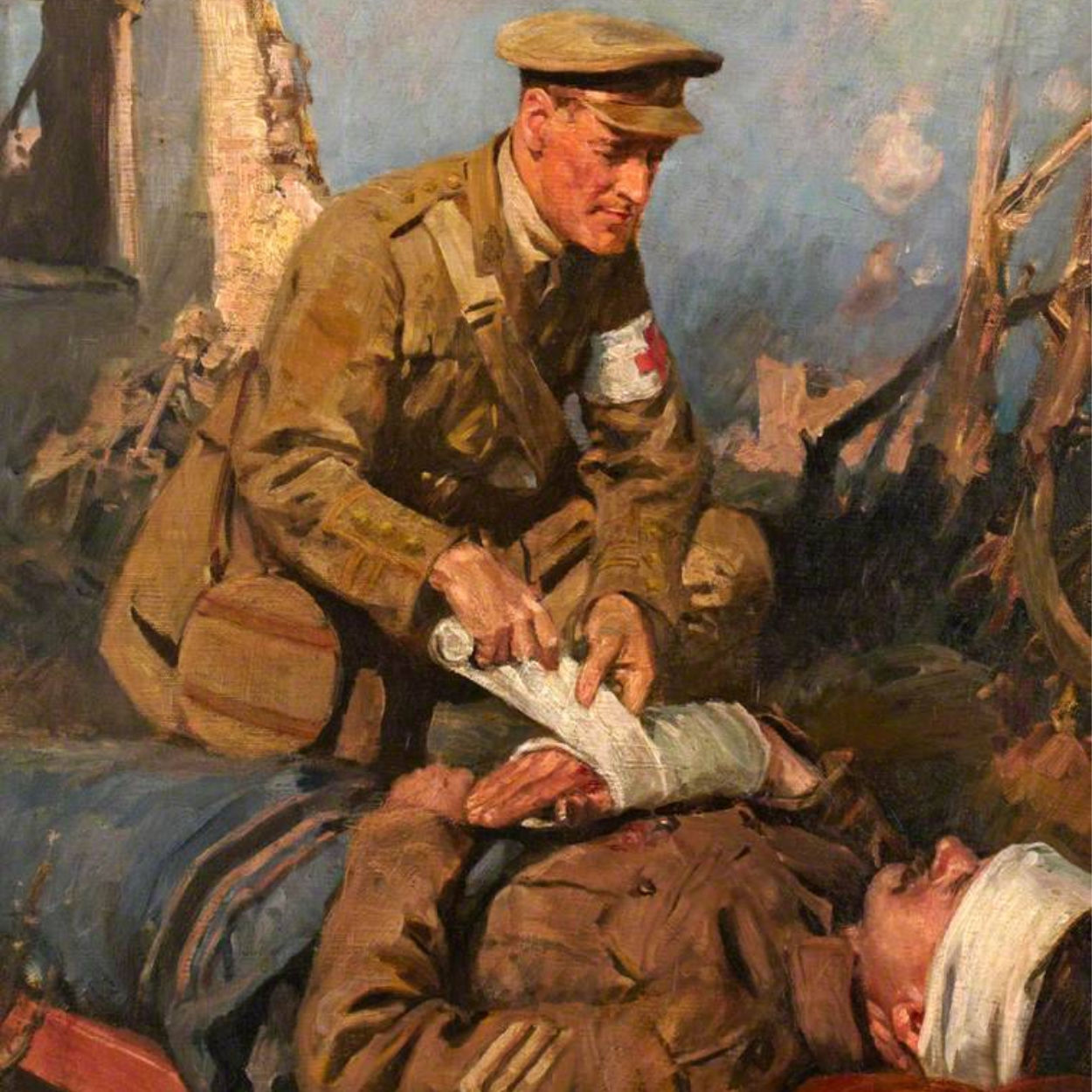
As religiosity wanes in society, fighting more and more may not be the answer—especially not compared to the power of Christian service and ministry itself.

The anger of Bernie Sanders has often been discussed as a political liability. Could it actually be the very reason he’s doing so well?
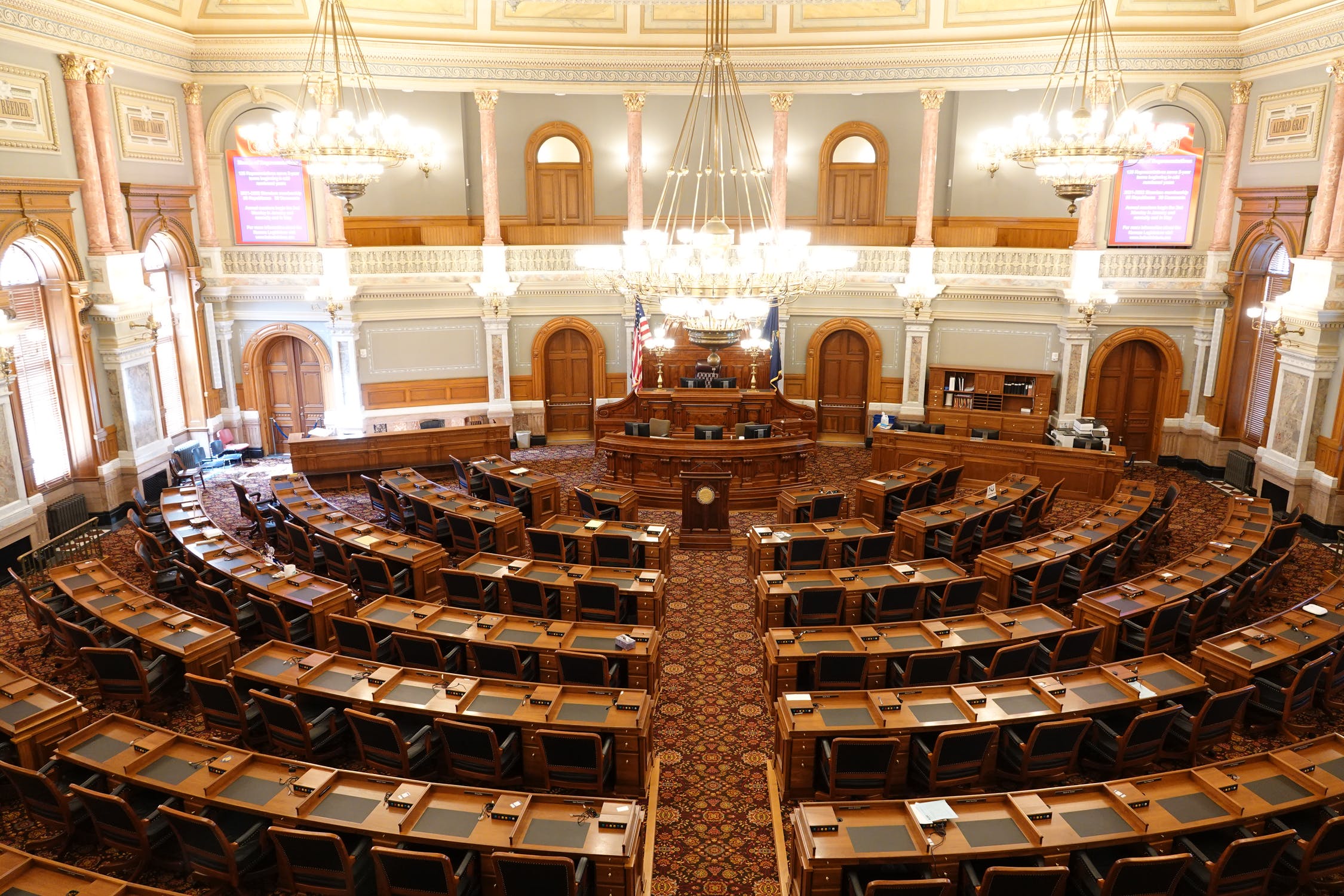
Divergent emotions evoked by Senator Romney’s impeachment vote reveal something more important than just partisan passions.
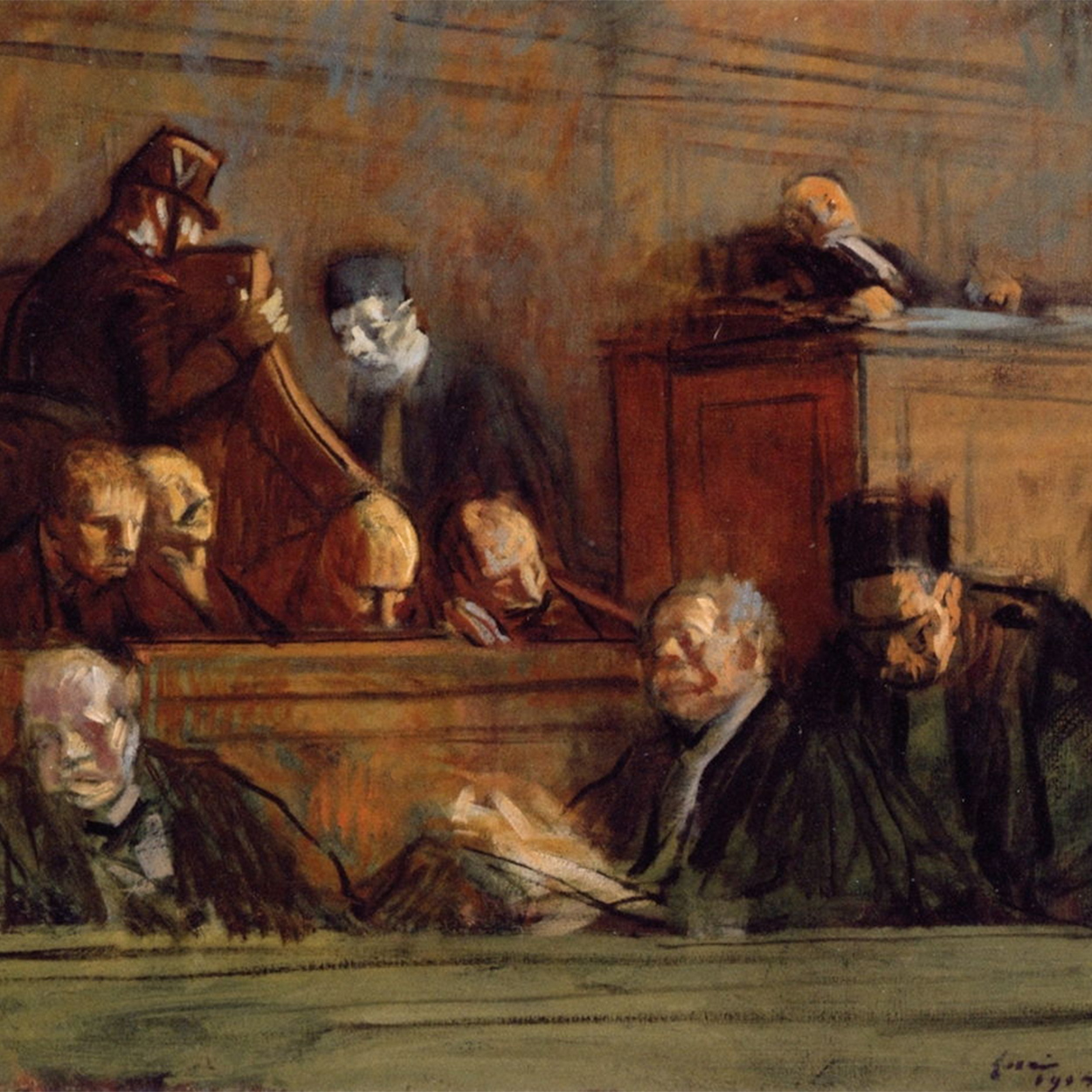
The Supreme Court’s much-anticipated decision in Bostock v Clayton County may in fact tell us more about how courts decide what law is than what law says. It may also serve as an unexpected opportunity for judicial conservatives to move away from textualism and reclaim a more inclusive jurisprudential methodology. For over four decades the legal community has been arguing about first principles for interpreting our laws. In Bostock v Clayton County, a case about LGBTQ rights that the United States Supreme Court will decide this term, the central question involves an interpretation of the federal Civil Rights Act of 1964, which famously bans discrimination based on race, religion, sex, or national origin. The case is important because it will determine whether discrimination based upon “sexual orientation” is covered by the original prohibition in the statute against discrimination on the basis of “sex.” But the case may actually be more important for the ideas used by the court in how we interpret our laws. The case presents what may well become a textbook example of the application of textualism, and its related concept, originalism, to the interpretation of a landmark statute. Thus from the standpoint of how laws are interpreted, the case is fraught with meaning and symbolism. That argument will take center stage in a highly ironic way. Judicial liberals will be arguing for textualism (typically the conservative position) and conservatives will be arguing for a much more broadly based contextual understanding (usually the liberal position). From my perspective as a judicial conservative, this is an opportunity to restore textualism to its traditional place in jurisprudence, which could also have the added benefit of reducing the tension between textualism and originalism, something that has received too little attention from conservatives. To understand the debate, some brief history is necessary. Textualism, Orginalism, and the Rise of Judicial Activism For many decades the main complaint of conservatives focused on “judicial activism”—the idea that courts are reading into the language of our laws certain policies that the framers or the legislators did not address. This is typically done by using arguments based upon fairness, equality, and broad readings of the purpose of the language in question. Doing so, conservatives, argued, was to subvert democratic decision-making and turn republican government into rule by the judiciary. This further tends to foreclose the discussion, debate, give and take, and compromise that will address all the related implications of the decision. To deal with their concerns, many judicial conservatives argued for increased reliance on two particular methods of interpretation: originalism and textualism. Textualism focuses on the literal words being interpreted, their grammatical meaning and their dictionary definition, and largely, although not entirely, ignores other considerations if the meaning of the words is thought to be clear. Originalism focuses on the meaning of the words as they were understood at the time, usually in the sense of how they would have been understood by the public. Neither method was new, but various champions of these concepts who emphasized their application (particularly when it came to constitutional questions), rose to prominence. Several of them are now on the United States Supreme Court. The late Justice Antonin Scalia was especially associated with textualism, and current Justice Gorsuch has publicly associated himself with this same approach Scalia favored. Justice Thomas is a devoted originalist; and Justice Alito is sympathetic to both originalism and textualism. On the other hand, the so-called “liberals” on the court are much more in tune with what former Justice William Brennan called “living constitutionalism.” That approach takes the position that many of the provisions of constitutions are intended to have broad and evolving meanings. They are generally in favor of giving preference to judicially developed ideas of fairness, equality, and policy considerations that they believe are appropriate for the current times and circumstances. While not rejecting the ideas of originalism or textualism out of hand, they view the usual application of those concepts as too narrow —insisting that other approaches should be given equal or more weight, depending on the circumstances. In this way, what others might argue is plain, they often find ambiguous. It’s also the case that many of the tools that they would apply are broadly accepted by judicial conservatives and liberals alike, such as looking at the structure and purpose of the law, and related statutes, as well as somewhat more controversial but commonly used methods such as legislative history, or even weighing the consequences of a decision. By contrast, originalism emphasizes the long understood idea that a written constitution by definition was constructed by its framers to have fixed meaning. Constitutions provide for a means of amendment, and that process implicitly confirms that what was not amended should be understood as unchanged. The bedrock idea is that a constitution represents the will of the people, freely adopted by both representation and ratification, and not imposed by any other means. Although statutes can be freely changed by the legislature, originalists insist they should have the meaning that they had when enacted. This straightforward concept is eroded, however, by two hundred years of change, some obvious and some, as the great historian Gibbon would have said “insensible”—happening so gradually and imperceptibly that most hardly even noticed it. Major events like the Civil War and the amendments to the Constitution that it generated, introduced broadened concepts of due process and equal protection to the constitutional text and our way of thinking about laws more generally. The massive economic growth of the country also generated different ways of thinking about commerce, and how the state regulates behavior through a huge administrative process. Together with these developments, a growing body of legal academics began to emphasize various sophisticated issues, such as the potential elasticity of some of the language of law, arguing that standards such as “cruel and unusual punishment” were intended to have an evolving meaning, not one fixed for all time unless amended. Finally, as judges and scholars have noted for over 150
If an informed citizenry is crucial to a healthy democracy, the incentives against that can be remarkably rational and compelling to an average American.
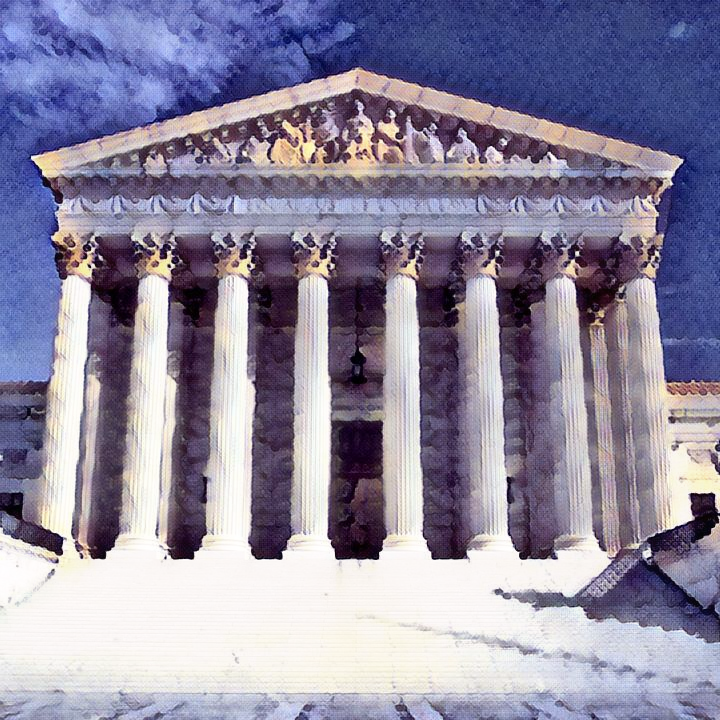
The “biggest religious freedom case” of the Supreme Court’s current term may have more to do with the complicated relationship between courts, regulatory agencies, and state legislators than religion.
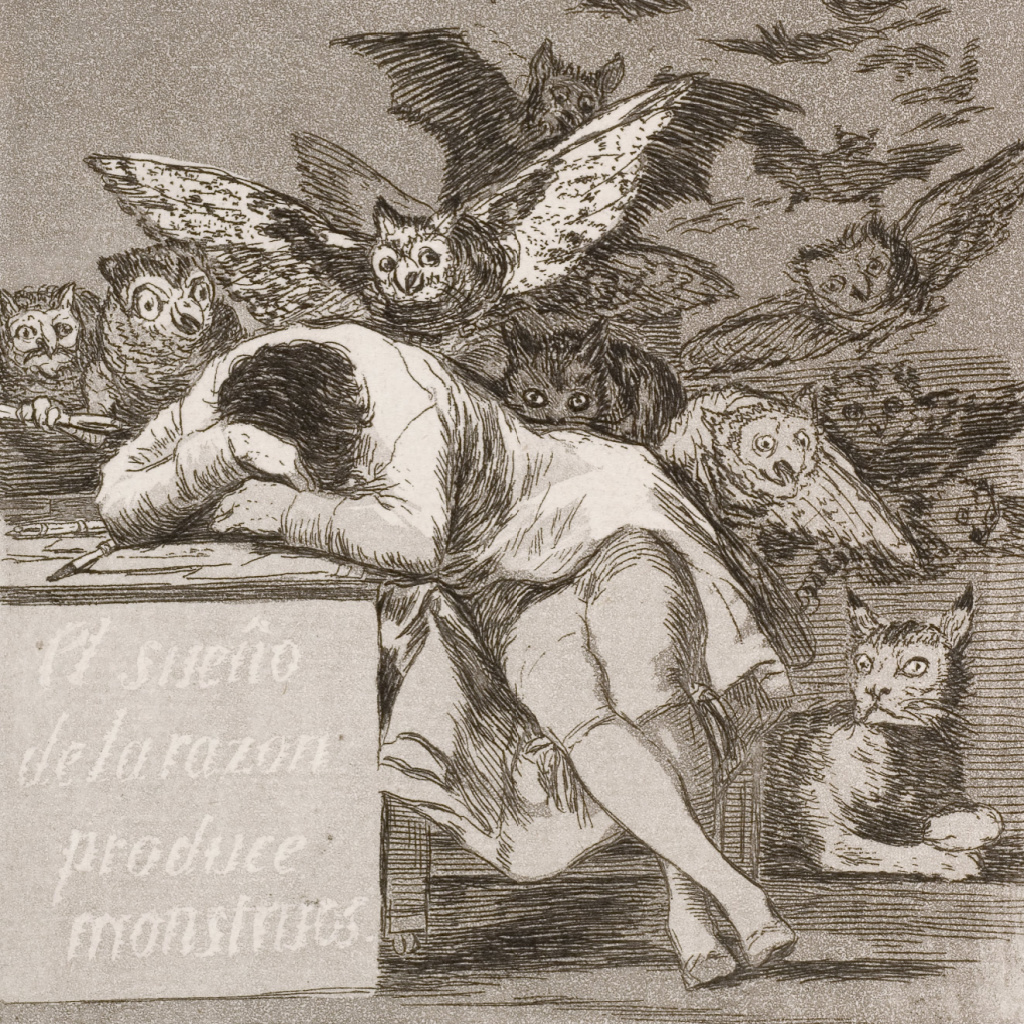
In discussing civic engagement and political participation, it’s often taken for granted that Americans have a basic knowledge of what’s going on. Do they?
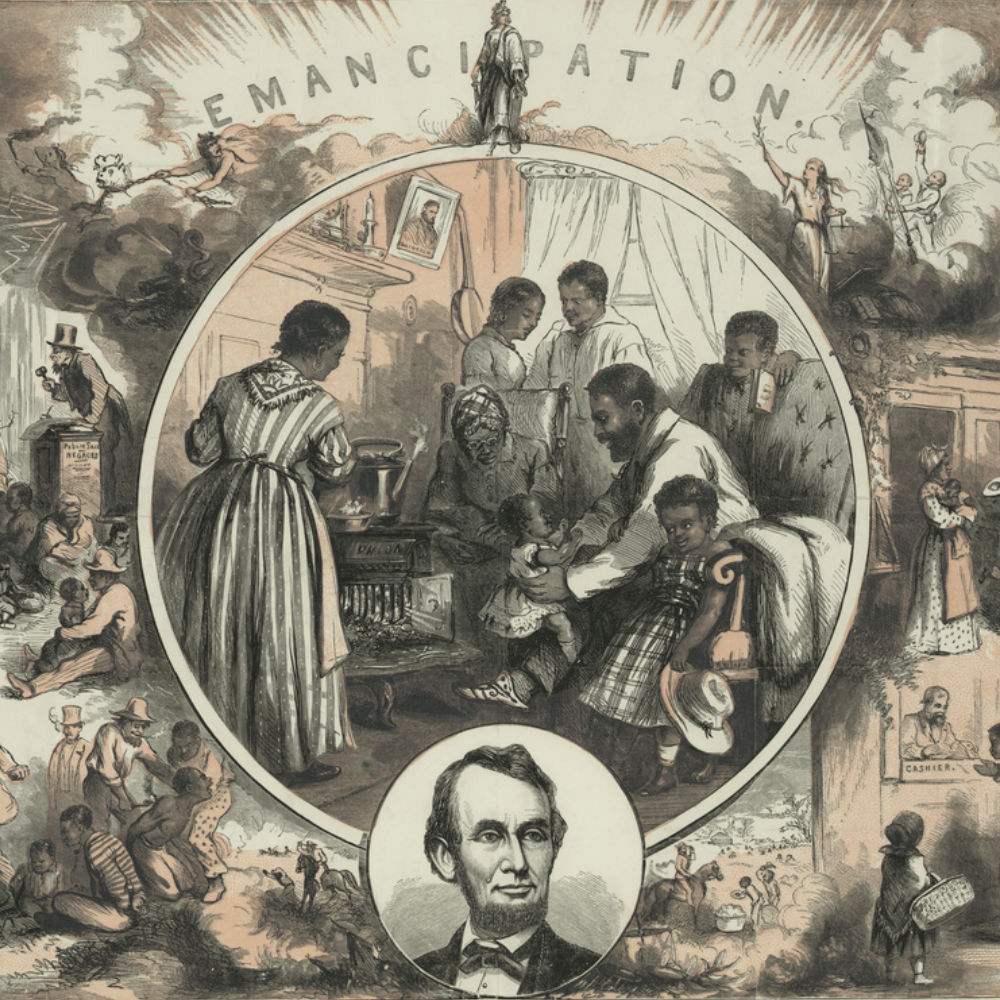
The history of America is inextricable from the history of slavery. Following the 400th anniversary of its ending last year and today’s celebration, some thoughts in reflection.